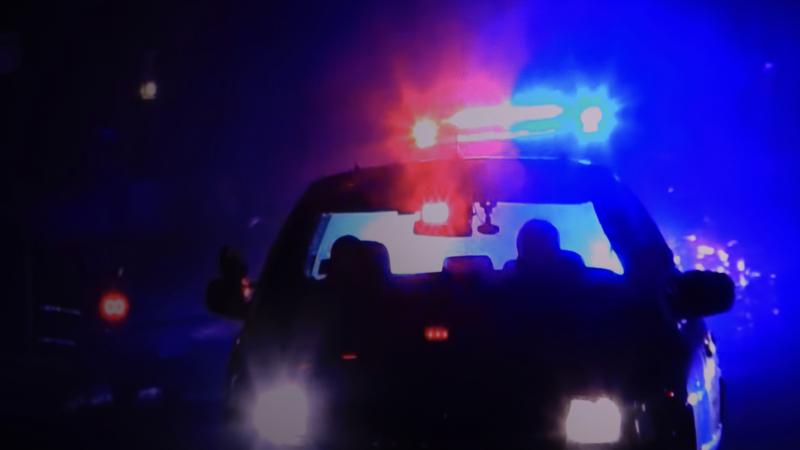California targeting privately-run federal immigration centers for health inspections
Proponents say measure is necessary to close a loophole preventing city and county health officials from inspecting private facilities.
California is close to unanimously passing a bill that would send health inspectors to privately-run federal immigration centers in the state due to concerns about conditions at these facilities.
SB 1132 passed the California Senate without any opposing votes and would allow the state to deploy county and city health officers to privately run detention centers, with privately-run federal immigration centers the main target of the legislation.
“The federal government contracts with private detention facilities across the country to house immigration detainees,” noted the California Assembly Public Safety Committee in its analysis. “There are currently six private detention facilities operating in California in four counties—San Bernardino County, Kern County, San Diego County, and Imperial County.”
Proponents argue that conditions at these locations are quite poor and that SB 1132 is necessary to close a loophole preventing city and county health officials from inspecting private facilities.
“While public health oversight laws empower inspections of ‘publicly operated detention facilities and all private work furlough facilities’ they do not explicitly cover private detention facilities,” wrote the Ella Baker Center for Human Rights. “The goal of SB 1132 is to ensure that county health officials have the ability to enter these facilities when necessary.”
EBCHR also noted detained have filed grievances against these facilities that “primarily revolve around detainees facing challenges in accessing timely medical attention, enduring prolonged waits for treatment of persistent conditions—stretching to months—and encountering difficulties in obtaining essential medications.”
In one instance, a “a prison dentist reportedly proposed that detainees could improve their dental hygiene by using strings from their shoes for flossing their teeth.”
With no votes in opposition and no recorded opposing arguments or groups in opposition, the bill appears highly likely to pass the California Assembly and head to the governor’s desk for approval.















